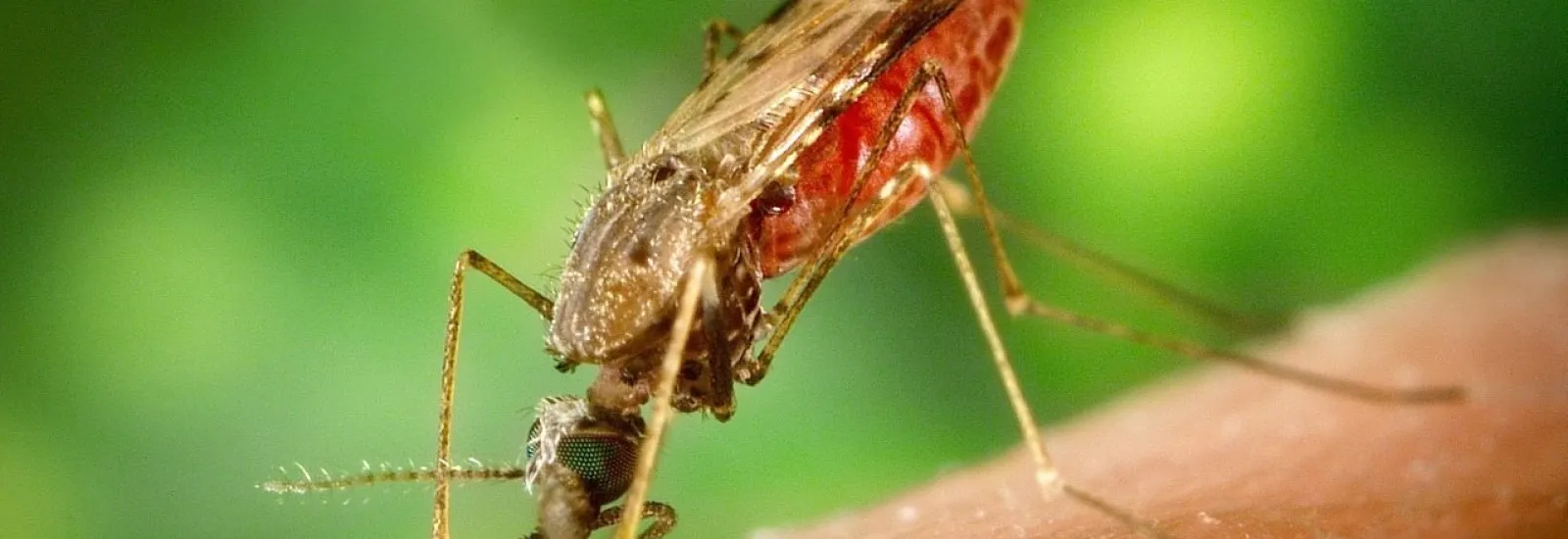
The facts about Zika virus: What expectant moms need to know
Zika virus continues to gain attention in the United States as we closely watch the outbreaks in South America. If you’re an expectant mom living in the U.S. it’s important to understand and facts about Zika virus including who’s at risk and how you can prevent it.
What is Zika?
Zika virus is transmitted through the bite of a certain type of mosquito the Aedes species. It can also be transmitted through sex and it can be passed from a mother to her fetus.
For most people Zika virus is a mild infection. Many people don’t even have symptoms and when they do they’re minor. Symptoms typically include fever rash joint pain and red eyes according to the Centers for Disease Control and Prevention (CDC).
Most people don’t need to be too worried about the virus. In extremely rare cases the Zika virus may trigger Guillain-Barre Syndrome a serious nervous system disorder. The CDC is still looking into the link between the two conditions.
While Zika virus doesn’t usually cause serious complications pregnant women do need to be concerned. Zika virus has been linked to microcephaly a condition in which an infant is born with a head that’s much smaller than normal. This is usually because the brain hasn’t developed. Scientists still face more questions than answers when it comes to the connection between Zika and microcephaly.
What you can do
It’s important for pregnant women to take steps to lower their risk of contracting Zika as there’s no vaccine or antiviral treatment yet. However there are no locally acquired cases yet in the United States. All reported U.S. cases have been from people who contracted Zika from traveling to an area with an active outbreak according to the CDC. The primary step pregnant women in the United States need to take is to avoid travel to affected area — this includes U.S. territories particularly Puerto Rico.
To be safe do your best to protect against mosquito bites and use protection if you have sex with someone who recently visited an area where Zika is present.
To prevent mosquito bites:
- Wear pants and long sleeves when outside in places where mosquitoes may bite.
- Don’t leave standing water around your house as mosquitoes breed in these conditions.
- Use insect repellent. The Environmental Protection Agency provides a guide to finding the best repellent for you.
If you or your partner have traveled somewhere with Zika and have symptoms of the infection visit a doctor right away to get evaluated. Researchers and the CDC are unsure of how long someone should wait before becoming pregnant after having Zika but recommendations range from six weeks to six months. It’s best to talk with your doctor if you or your partner have had Zika before trying to get pregnant. Understanding the facts about Zika virus while you’re pregnant can help you stay protected and avoid unnecessary stress.
Image source: Pixabay


